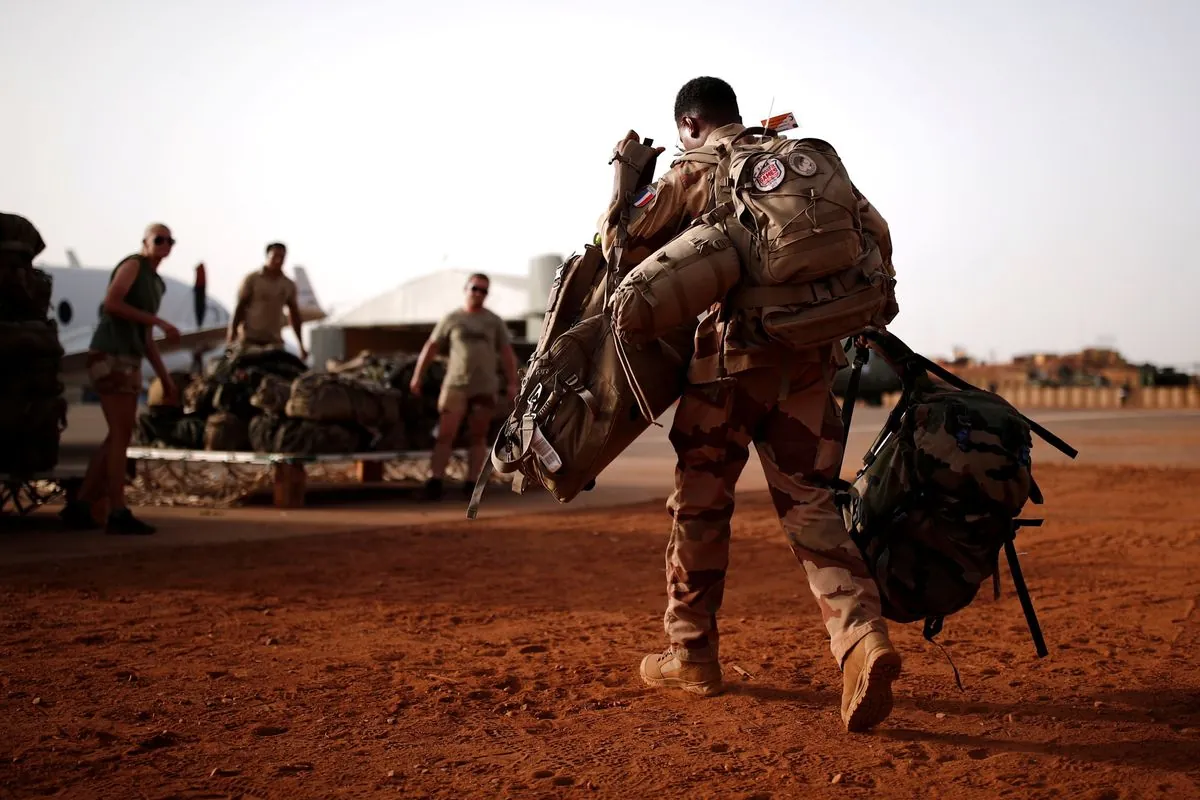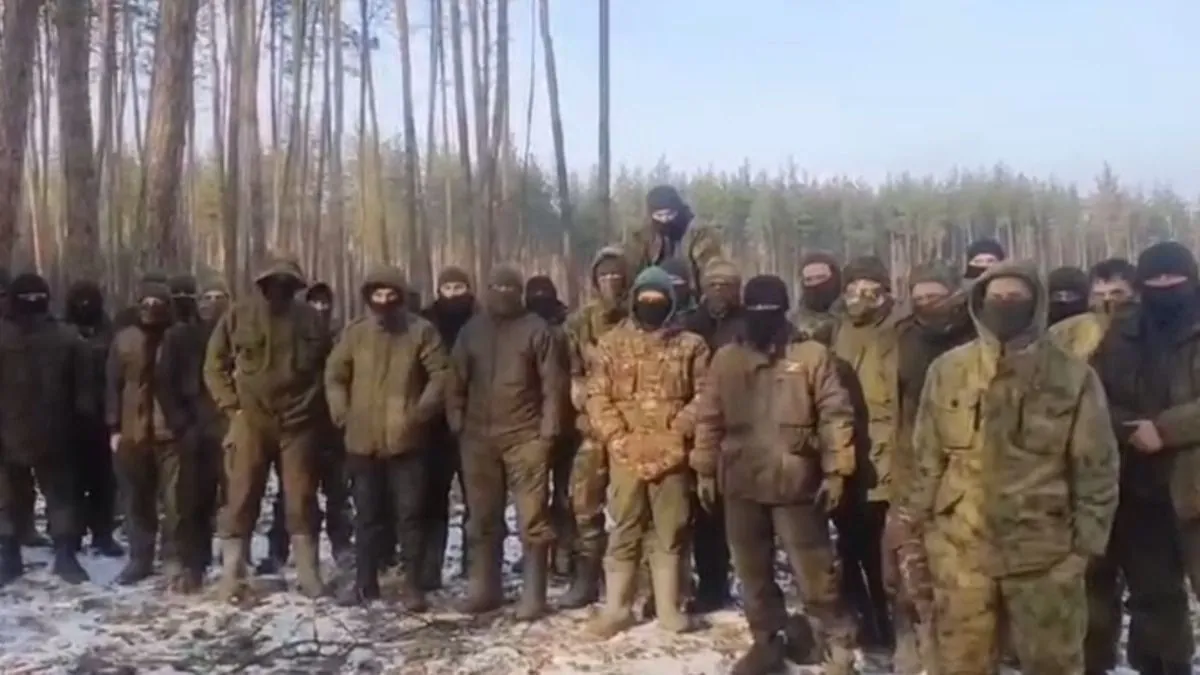Russian Mercenaries Face Setback in Mali: Implications for Moscow's African Strategy
Experienced Wagner fighters killed in Mali battle, raising questions about Russia's effectiveness in the Sahel. Transition to Africa Corps under defense ministry scrutiny as violence escalates in the region.

In a significant setback for Russian mercenary operations in Africa, dozens of experienced fighters were killed in a battle with Tuareg rebels near Tinzaouaten, Mali, in July 2023. This incident has raised concerns about the effectiveness of Russian forces in the Sahel region, where they have replaced Western and UN troops.
The conflict involved members of the Wagner Group, a private military company with ties to the Russian government. Many of these fighters had previously served in Ukraine, Libya, and Syria, demonstrating their extensive combat experience. The loss of such seasoned personnel highlights the challenges faced by Russian mercenaries operating in support of military juntas in Mali, Burkina Faso, and Niger.

Following the death of Wagner Group founder Yevgeny Prigozhin in August 2023, the organization transitioned into the Africa Corps under the Russian defense ministry. This shift aimed to maintain Russia's influence in the region while absorbing Wagner's assets and personnel.
"We acknowledge heavy losses in the Mali ambush, but remain committed to our mission in Africa."
The identification of 23 missing fighters and two captives provides insight into the backgrounds of these mercenaries. Some, like Vadim Evsiukov, were recruited from Russian prisons, while others, such as Alexander Lazarev, were veterans of previous conflicts. This diverse mix of experiences reflects the complex nature of Russian mercenary operations in Africa.
Facts about the Wagner Group:
1. Founded in 2014 by Yevgeny Prigozhin
2. Named after Richard Wagner, Hitler's favorite composer
3. Involved in conflicts in Syria, Libya, Central African Republic, and Ukraine
4. Known for brutal tactics and alleged human rights violations
5. Operations often align with Russian foreign policy objectives
The transition to the Africa Corps has led to a significant increase in mercenary activity in Mali. Data from the Armed Conflict Location & Event Data Project (ACLED) shows an 81% rise in violent events linked to Russian mercenaries and a 65% increase in reported civilian fatalities over the past year.
Russian mercenary presence in Africa began in Sudan in 2017 and expanded to other countries, including Mali in late 2021. Their activities range from protecting coup leaders to gold mining and combating jihadist groups. However, the recent losses in Mali raise questions about the long-term viability of these operations.
The situation in the Sahel remains volatile, with military juntas in Mali, Burkina Faso, and Niger struggling to contain separatist movements and offshoots of Islamic State and Al Qaeda. The effectiveness of Russian mercenaries in addressing these challenges compared to Western forces remains to be seen.
As Moscow continues to pursue its strategic interests in Africa, the future of Russian mercenary operations on the continent hangs in the balance. The outcome of their efforts in the Sahel may have far-reaching implications for Russia's influence and military presence in Africa.


































